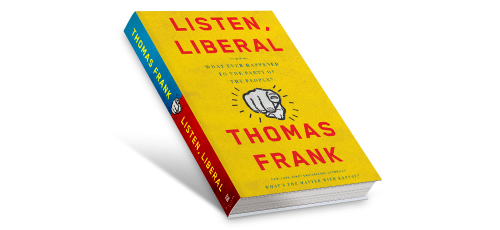
How the Democrats Created a "Liberalism of the Rich"
Thomas Frank
[This piece has been adapted from Thomas Frank’s new book, Listen, Liberal, or What Ever Happened to the Party of the People? (Metropolitan Books).] When you press Democrats on their uninspiring deeds — their lousy free trade deals, for example, or their flaccid response to Wall Street misbehavior — when you press them on any of these things, they automatically reply that this is the best anyone could have done. After all, they had to deal with those awful Republicans, and those awful Republicans wouldn’t let the really good stuff get through. They filibustered in the Senate. They gerrymandered the congressional districts. And besides, change takes a long time. Surely you don’t think the tepid-to-lukewarm things Bill Clinton and Barack Obama have done in Washington really represent the fiery Democratic soul. So let’s go to a place that does. Let’s choose a locale where Democratic rule is virtually unopposed, a […]
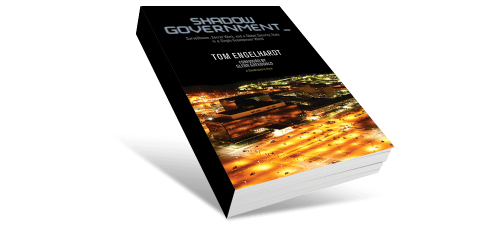
Entering Uncharted Territory in Washington
Tom Engelhardt
The other week, feeling sick, I spent a day on my couch with the TV on and was reminded of an odd fact of American life. More than seven months before Election Day, you can watch the 2016 campaign for the presidency at any moment of your choosing, and that’s been true since at least late last year. There is essentially never a time when some network or news channel isn’t reporting on, discussing, debating, analyzing, speculating about, or simply drooling over some aspect of the primary campaign, of Hillary, Bernie, Ted, and above all — a million times above all — The Donald (from the violence at his rallies to the size of his hands). In case you’re young and think this is more or less the American norm, it isn’t. Or wasn’t. Truly, there is something new under the sun. Of course, in 1994 with O.J. Simpson’s white […]
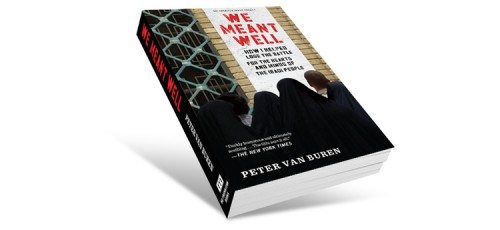
Five Questions That Weren't Asked During the 2012 Presidential Debates and Are Unlikely to Be Asked in 2016
Peter Van Buren
The nuances of foreign policy do not feature heavily in the ongoing presidential campaign. Every candidate intends to “destroy” the Islamic State; each has concerns about Russian President Vladimir Putin, North Korea, and China; every one of them will defend Israel; and no one wants to talk much about anything else — except, in the case of the Republicans, who rattle their sabers against Iran. In that light, here’s a little trip down memory lane: in October 2012, I considered five critical foreign policy questions — they form the section headings below — that were not being discussed by then-candidates Mitt Romney and Barack Obama. Romney today is a sideshow act for the current Republican circus, and Obama has started packing up his tent at the White House and producing his own foreign policy obituary. And sadly, those five questions of 2012 remain as pertinent and unraised today as they […]
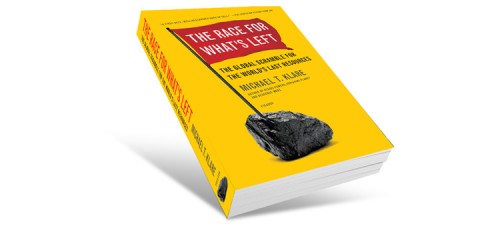
The Irony of Oil Abundance
Michael Klare
Three and a half years ago, the International Energy Agency (IEA) triggered headlines around the world by predicting that the United States would overtake Saudi Arabia to become the world’s leading oil producer by 2020 and, together with Canada, would become a net exporter of oil around 2030. Overnight, a new strain of American energy triumphalism appeared and experts began speaking of “Saudi America,” a reinvigorated U.S.A. animated by copious streams of oil and natural gas, much of it obtained through the then-pioneering technique of hydro-fracking. “This is a real energy revolution,” the Wall Street Journal crowed in an editorial heralding the IEA pronouncement. The most immediate effect of this “revolution,” its boosters proclaimed, would be to banish any likelihood of a “peak” in world oil production and subsequent petroleum scarcity. The peak oil theorists, who flourished in the early years of the twenty-first century, warned that global output was […]
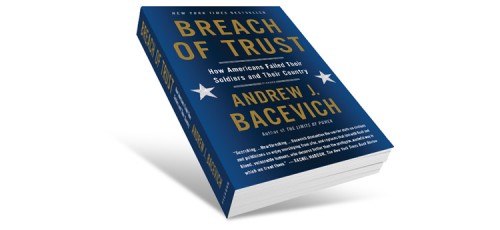
What Trumpism Means for Democracy
Andrew Bacevich
Whether or not Donald Trump ultimately succeeds in winning the White House, historians are likely to rank him as the most consequential presidential candidate of at least the past half-century. He has already transformed the tone and temper of American political life. If he becomes the Republican nominee, he will demolish its structural underpinnings as well. Should he prevail in November, his election will alter its very fabric in ways likely to prove irreversible. Whether Trump ever delivers on his promise to “Make America Great Again,” he is already transforming American democratic practice. Trump takes obvious delight in thumbing his nose at the political establishment and flouting its norms. Yet to classify him as an anti-establishment figure is to miss his true significance. He is to American politics what Martin Shkreli is to Big Pharma. Each represents in exaggerated form the distilled essence of a much larger and more disturbing […]
